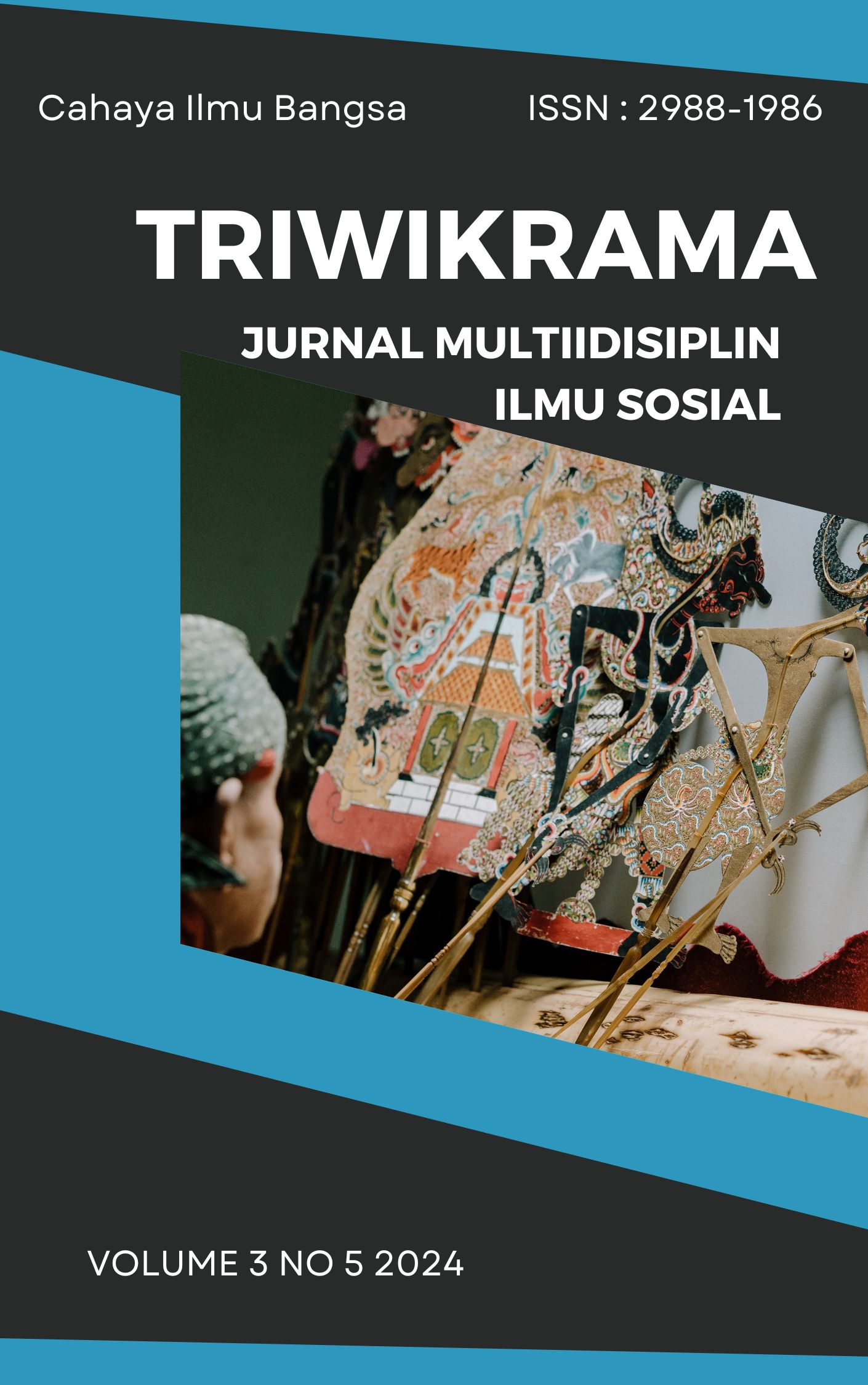HUBUNGAN ANTARA INTENSITAS PENGGUNAAN MEDIA SOSIAL DAN PROKRASTINASI AKADEMIK PADA MAHASISWA
DOI:
https://doi.org/10.9963/a2ymr466Keywords:
Intensity of social media use, Academic procrastination, Students, Spearman correlationAbstract
This study investigated the relationship between academic procrastination and the intensity of students’ social media use. The increasing use of social media by students has become a significant issue because social media not only serves as a tool for communication and entertainment but can also be a distraction that can lead to academic procrastination. A common problem that impacts students’ mental health and academic performance is academic procrastination, which is defined as delay in completing schoolwork. A quantitative method was used to investigate the correlation between the population of students who actively use social media. A purposive sampling method was used to collect the sample, and data were collected through a Likert scale questionnaire. The results of the validity and reliability tests showed that the research instrument was valid and reliable. A correlation coefficient of 0.529 was generated from the data analysis using the Spearman correlation test, indicating a moderate relationship between academic procrastination and the intensity of social media use. This relationship was shown to be statistically significant and positive with a significance value of 0.003 (p < 0.05). This suggests that social media use is related to the tendency of academic procrastination. Theories such as the Theory of Uses and Gratifications (UGT), Theory of Social Media Addiction, Technology Acceptance Model (TAM), Theory of Self-Regulation, and Theory of Temporal Motivation (TMT) support these findings. These theories explain how social media can fulfill users’ psychological needs but can also lead to addictive behaviors and interfere with self-regulation and time management. As a result, it is important to manage time and use social media wisely to maintain students’ academic performance.
Downloads
Published
Issue
Section
License

This work is licensed under a Creative Commons Attribution-NonCommercial-ShareAlike 4.0 International License.










